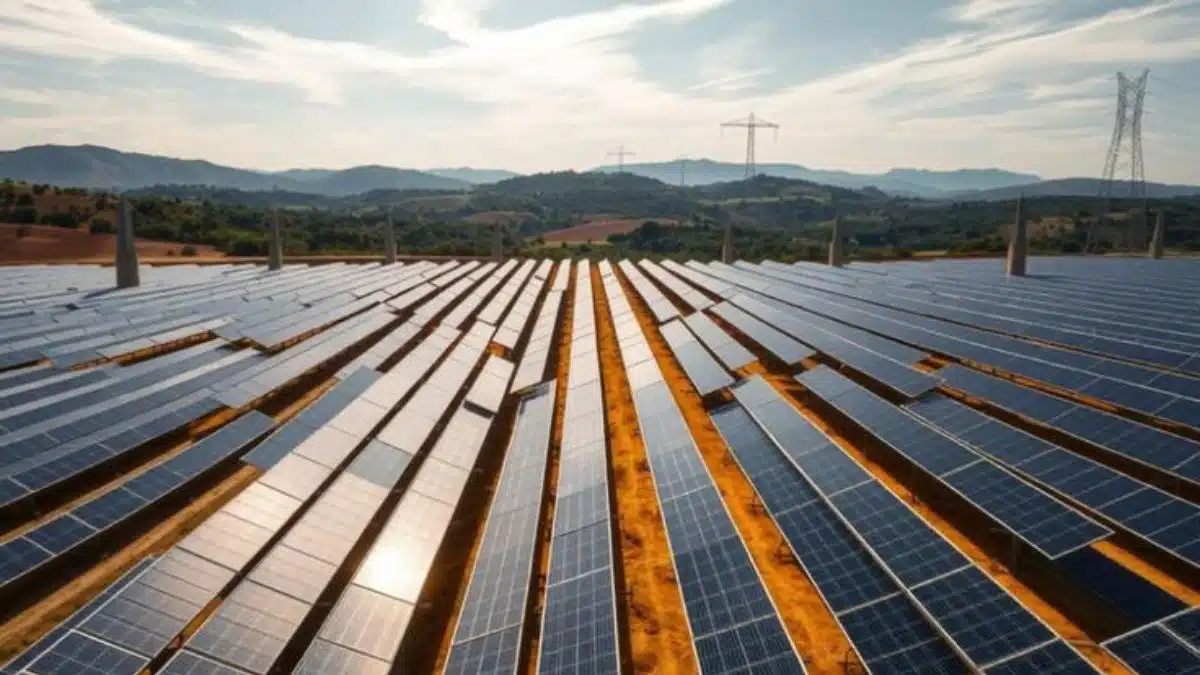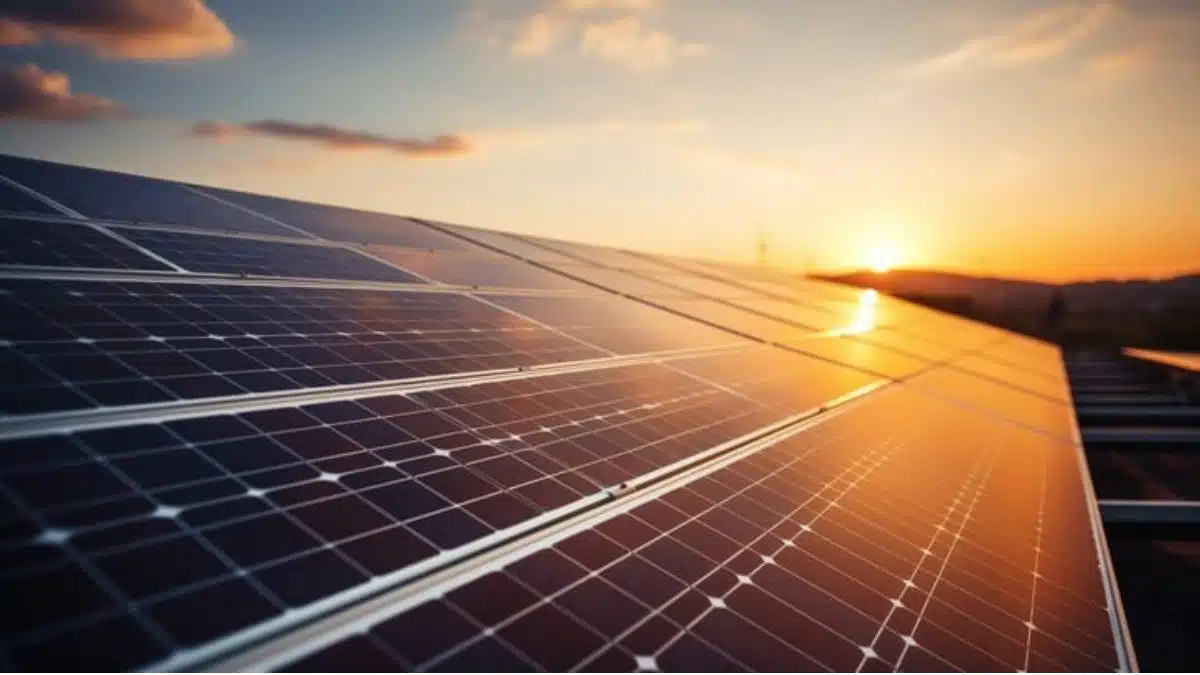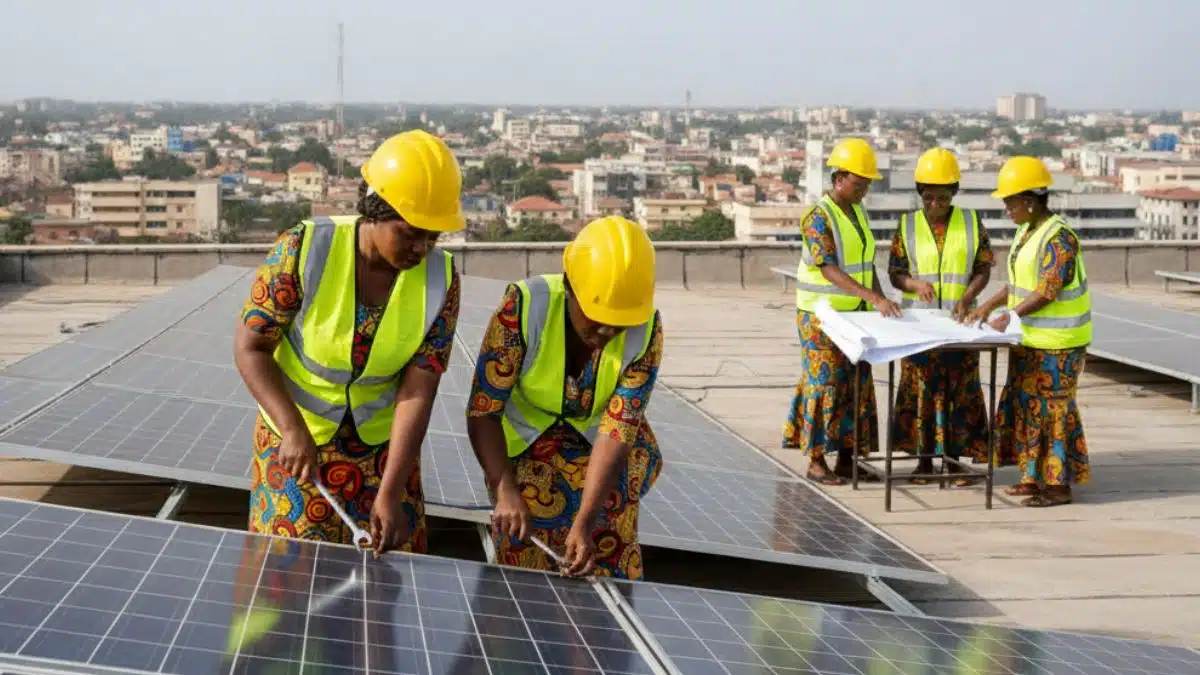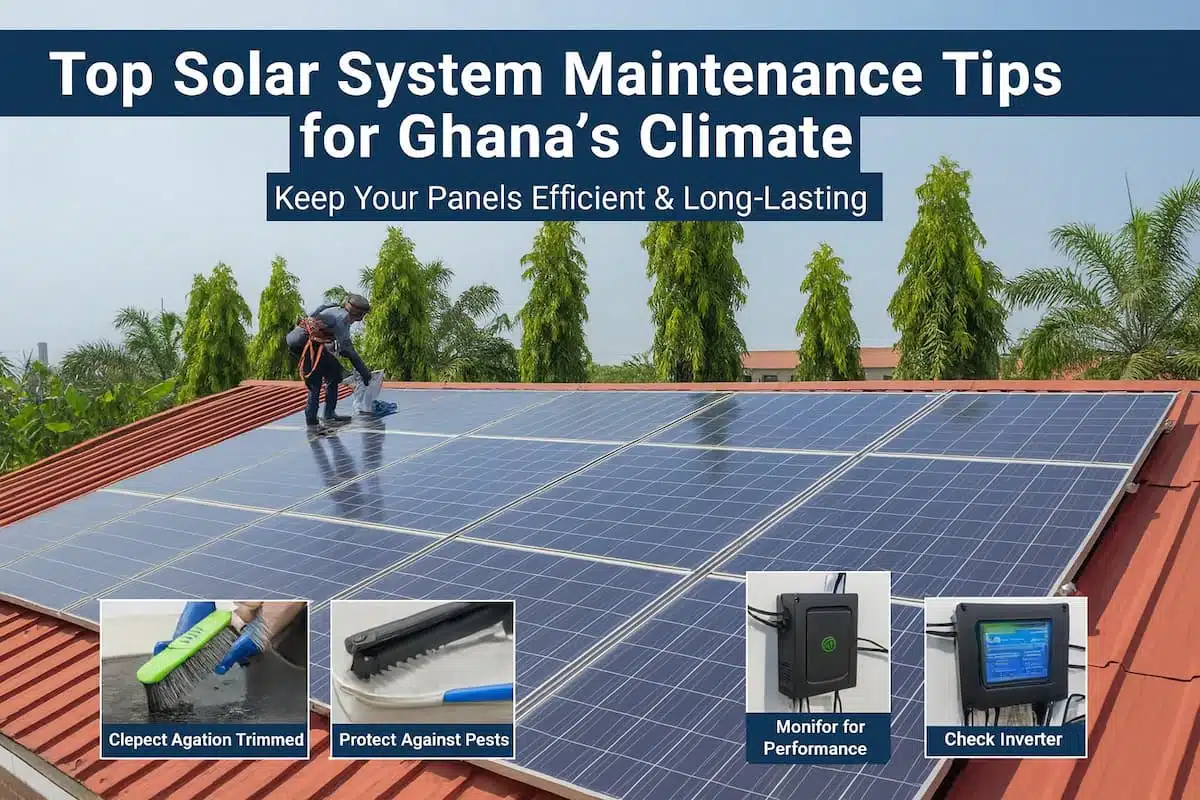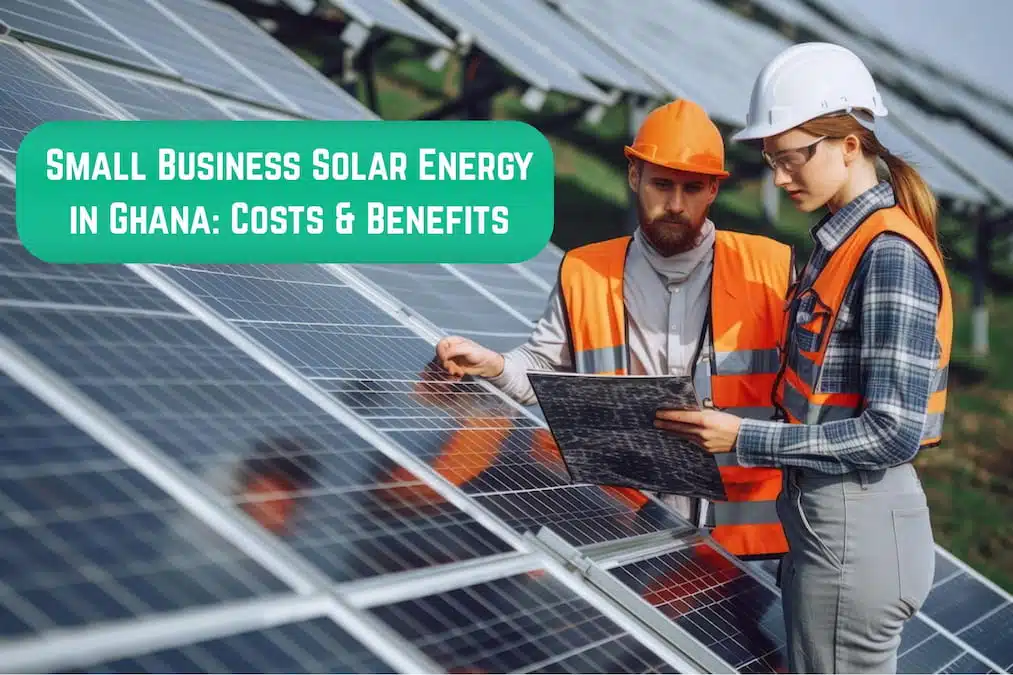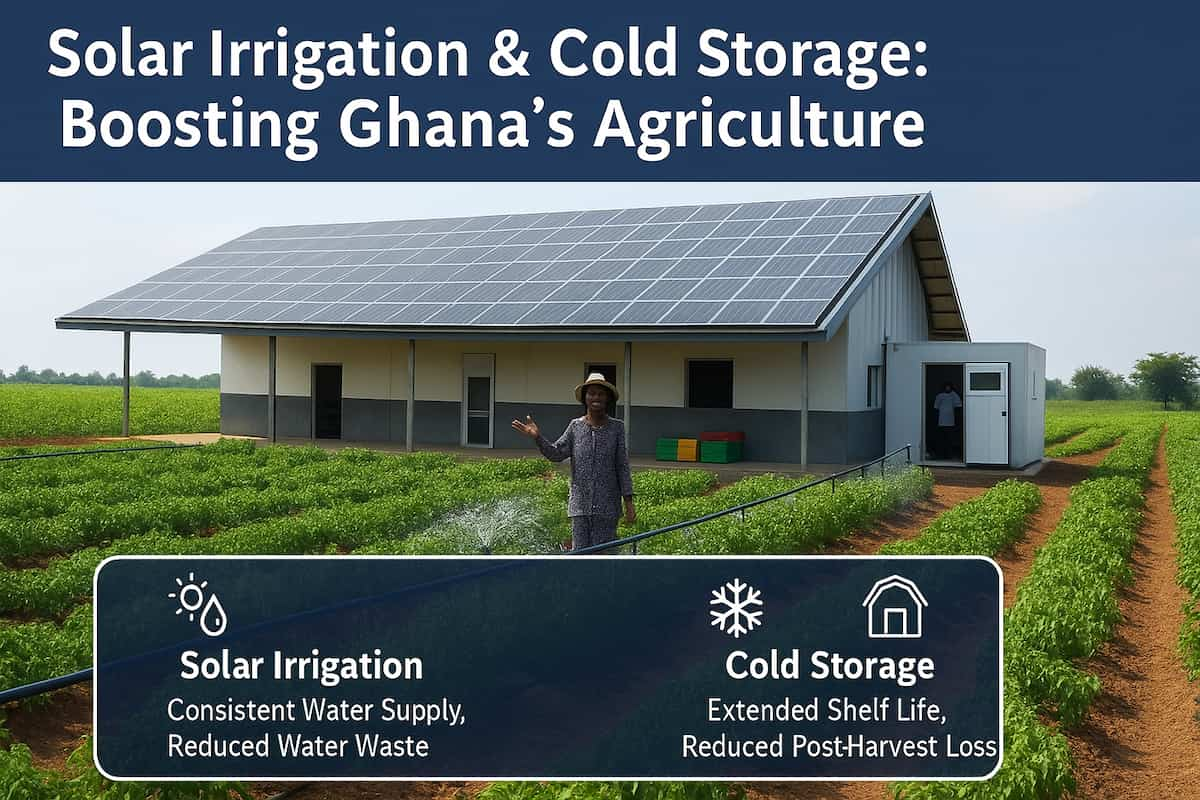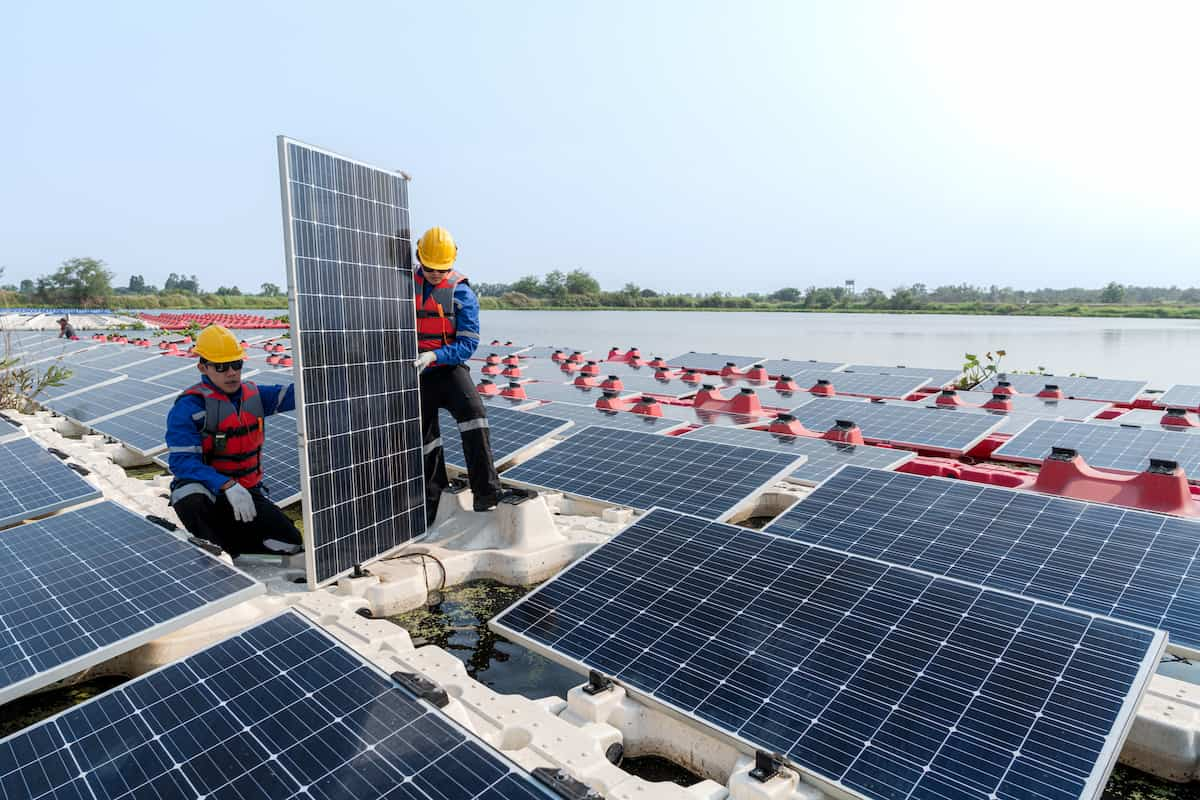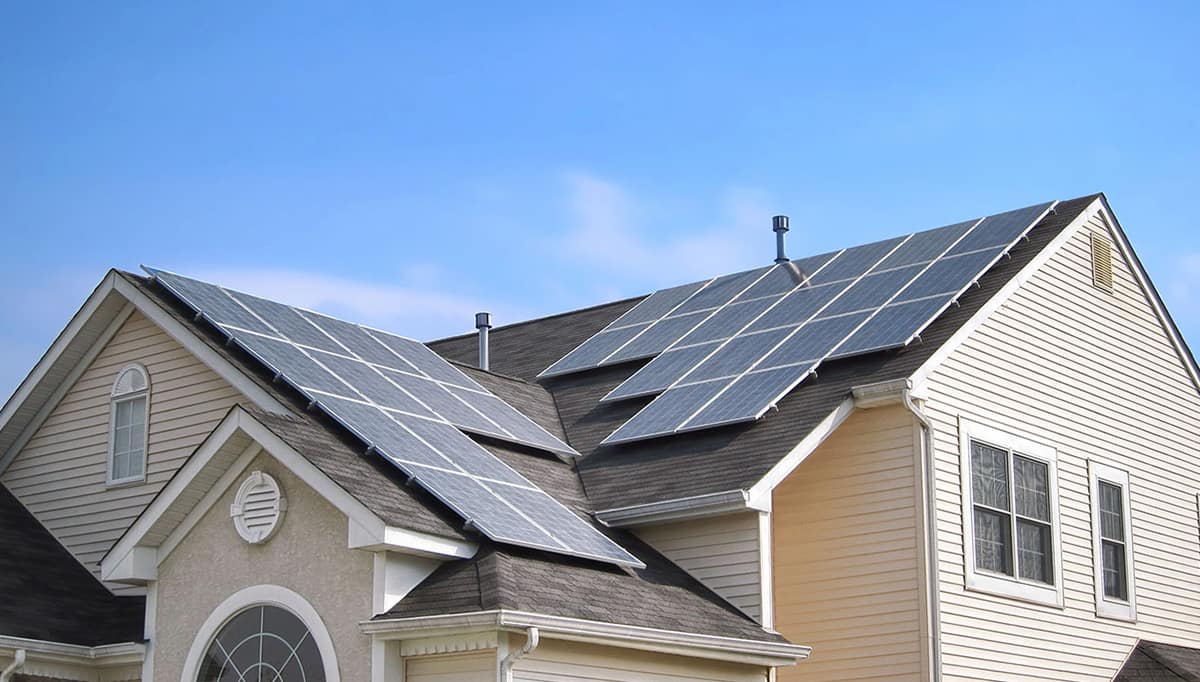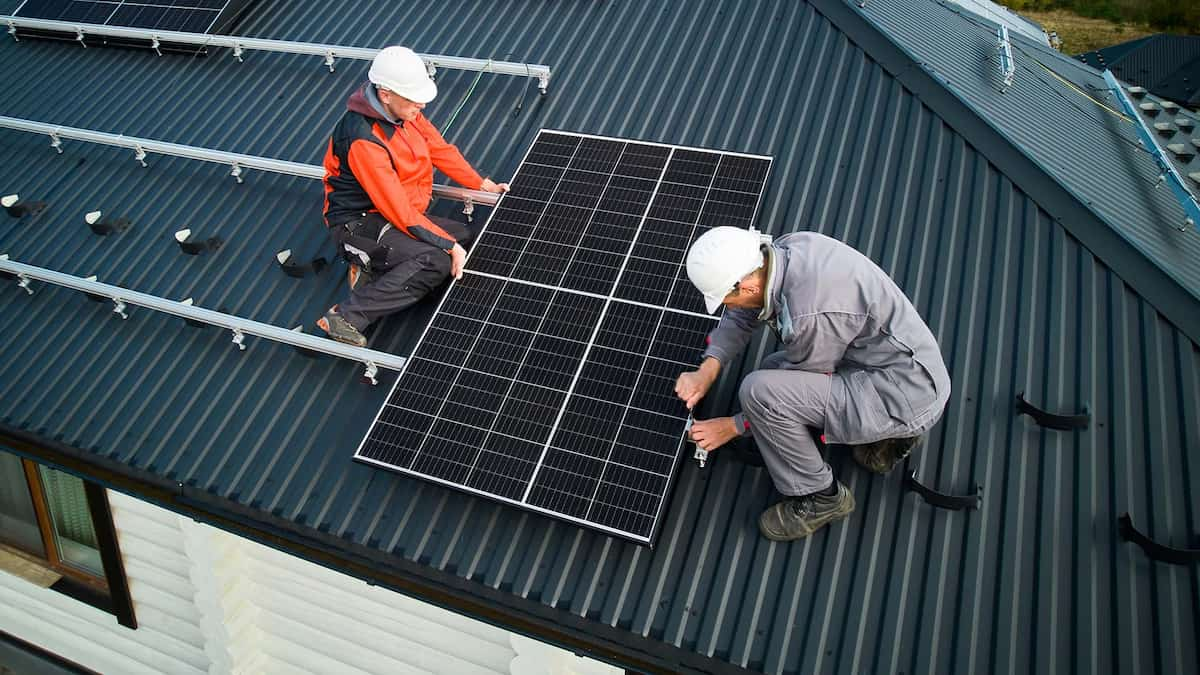Blogs
Solar Energy in Ghana: Powering a Sustainable Future
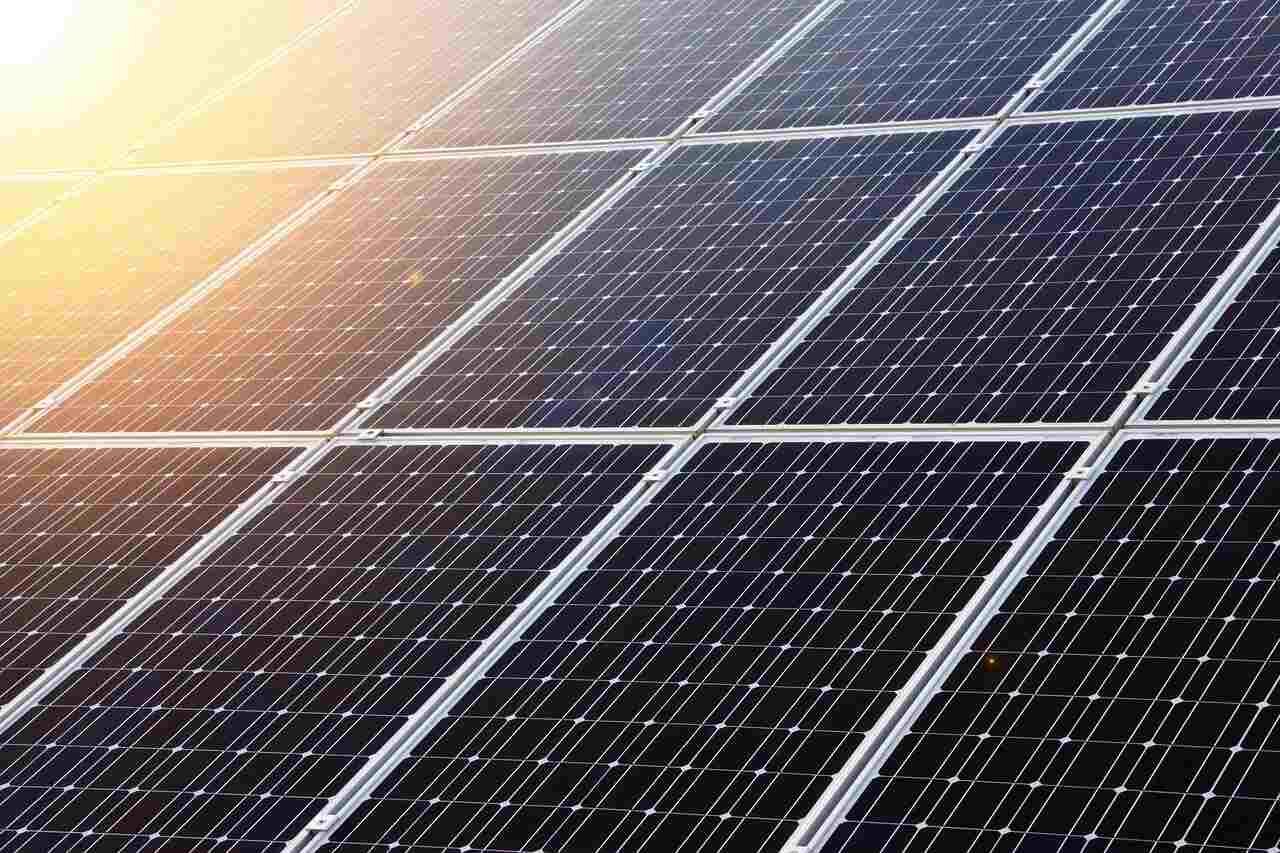
Discover how solar energy in Ghana is powering a sustainable future. Learn about Ghana’s journey with solar power, its environmental impact, and the growing adoption of renewable energy solutions.
Ghana, known for its rich culture and natural beauty, is making great strides in renewable energy, especially solar power. This blog will explore Ghana’s solar energy journey, its environmental impact, growing adoption, and promising future. We’ll also cover how solar energy works, its benefits, and its role in creating a greener, more sustainable Ghana.
The Rise of Solar Energy in Ghana
In recent years, Ghana has witnessed a remarkable rise in the adoption of solar energy as a clean and sustainable power source. With abundant sunlight throughout the year, Ghana can harness solar energy to meet its growing electricity needs. The deployment of solar energy systems, which include solar panels, inverters, and often batteries, is expanding across the country, from urban centers to rural communities, delivering reliable and affordable electricity.
How Do Solar Panels Work?
At the heart of solar energy systems are solar panels, also known as photovoltaic (PV) panels. These panels consist of individual solar cells that convert sunlight into electricity through the photovoltaic effect. When sunlight hits the solar cells, it excites the electrons within, generating a flow of electricity. An inverter then converts this direct current (DC) electricity into alternating current (AC) electricity, the standard form used in homes and businesses.
The Role of Inverters
Inverters are essential in solar energy systems, converting DC electricity from solar panels into AC electricity for appliances and devices. They also optimize system performance by tracking the solar panels’ maximum power point, ensuring peak efficiency.
The Importance of Battery Storage
While solar panels generate electricity when exposed to sunlight, this electricity production is intermittent and dependent on daylight hours. To address this challenge and ensure a continuous power supply, especially during periods of low sunlight or at night, battery storage solutions can be integrated into solar energy systems. These batteries store excess electricity generated during the day and release it when needed, providing a reliable source of power even when the sun is not shining.
The Environmental Impact of Solar Energy
One of the most significant advantages of solar energy is its minimal environmental impact. Unlike traditional power plants that rely on fossil fuels and produce harmful emissions, solar energy systems generate electricity without releasing greenhouse gases or pollutants. By harnessing the power of the sun, Ghana can significantly decrease its reliance on non-renewable resources such as coal, oil, and natural gas, leading to a cleaner and more sustainable energy landscape.
The Economic and Social Benefits of Solar Energy
In addition to its environmental advantages, solar energy brings about a host of economic and social benefits for Ghana. Investing in solar energy can create jobs, boost economic growth, and reduce reliance on imported fossil fuels. Solar systems can also supply electricity to remote and underserved communities, providing essential power to those without reliable access. These off-grid systems, often combined with battery storage, are empowering communities to meet their energy needs independently and sustainably.
The Future of Solar Energy in Ghana
The future of solar energy in Ghana is filled with promise and potential. As technology advances and costs fall, solar energy is becoming more accessible to households, businesses, and communities. The Ghanaian government supports renewable energy through policies to boost solar adoption. With ongoing investment and innovation, solar power can meet Ghana’s energy needs and help protect the planet for future generations.
Conclusion
Solar energy is transforming Ghana’s future, driving sustainability and prosperity. By harnessing the sun’s power, Ghana reduces its reliance on finite, polluting energy sources, combats climate change, and strengthens its energy infrastructure. Solar energy empowers individuals and communities, promoting energy independence and security. As solar technology evolves, it can play a key role in meeting Ghana’s energy needs and protecting the planet for future generations.
If you have any further questions or need additional information, feel free to ask!










